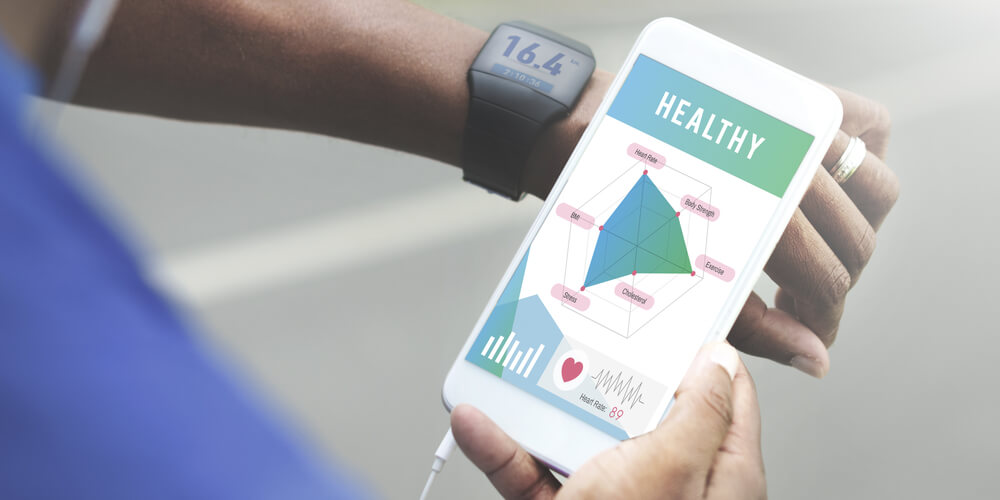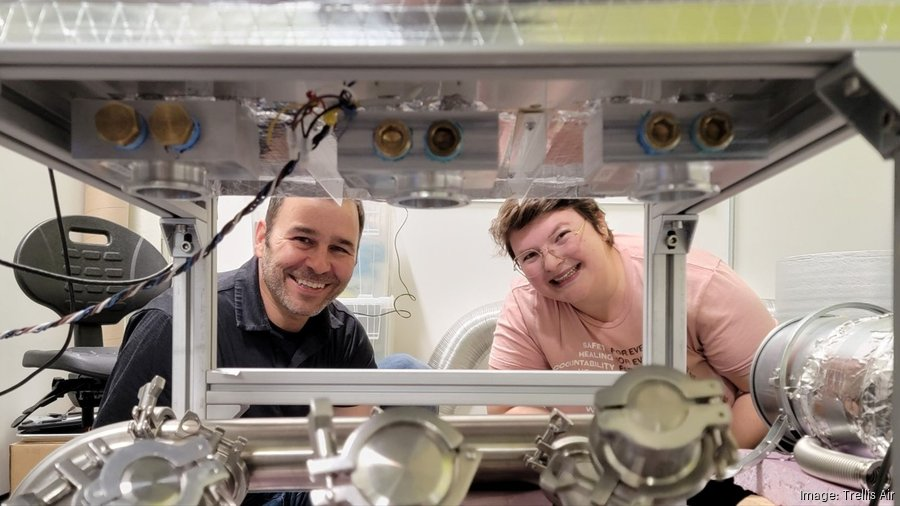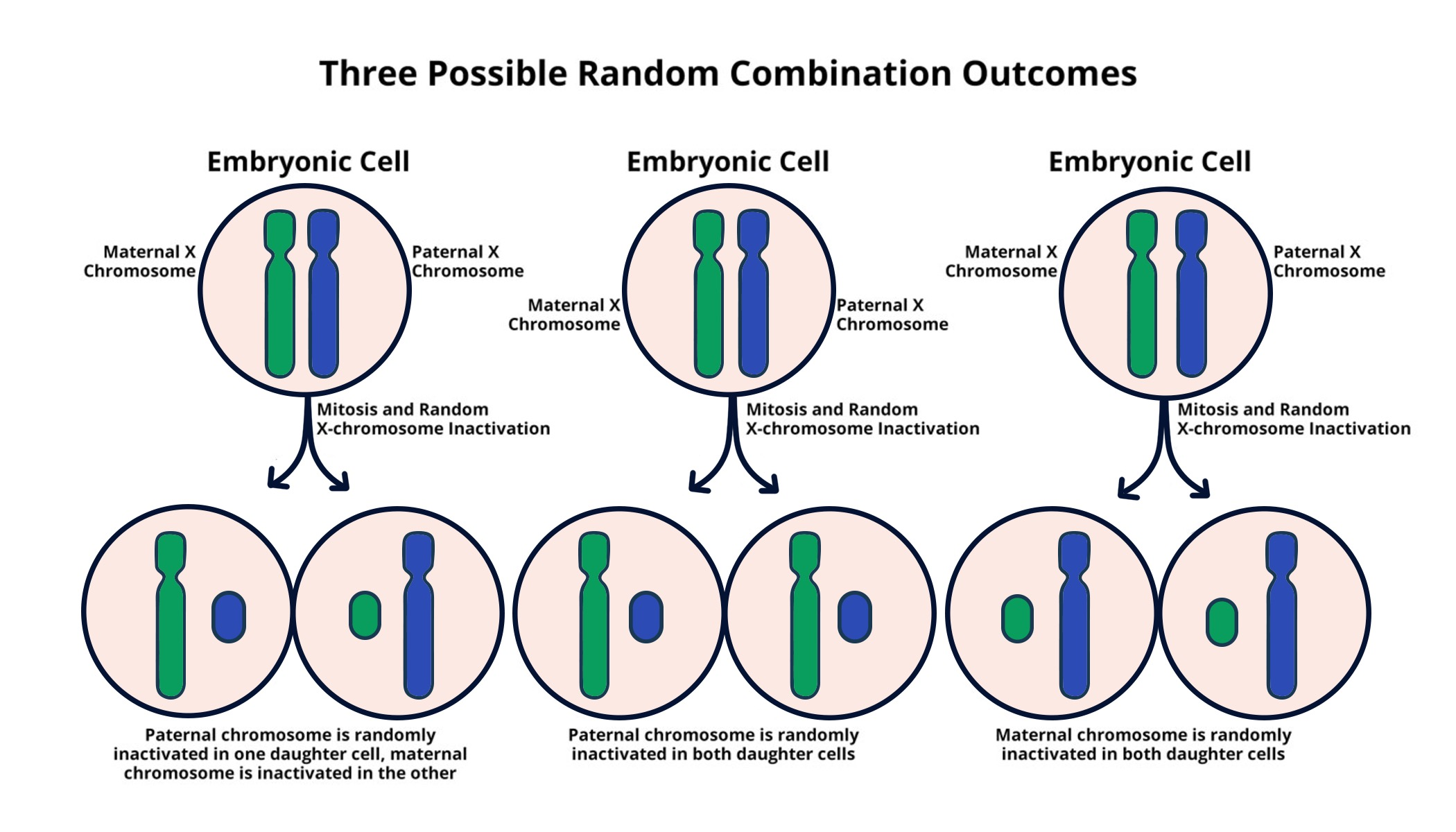Healthcare apps for cancer patients are revolutionizing the way individuals manage their treatment and recovery journey. By offering personalized coaching and real-time support, these innovative applications help patients navigate the complex landscape of cancer care more effectively. Leveraging AI technology and reinforcement learning in healthcare, these apps can tailor interventions based on the unique needs of each patient. For instance, cancer patient support apps can remind individuals to take medications, track symptom management, and provide motivation during challenging times such as stem cell transplant recovery. As a result, these digital tools not only enhance adherence to treatment regimens but also foster a sense of community and connection among users.
Digital health tools designed for individuals battling cancer, often referred to as cancer support applications, are emerging as critical resources during treatment. These apps enable personalized health interventions that cater to the diverse needs of patients, ensuring they receive the necessary guidance and encouragement throughout their recovery. Through advanced algorithms and machine learning technologies, these healthcare solutions adapt to each patient’s evolving circumstances, providing timely reminders and support. The potential of such applications extends beyond medication adherence, creating a network of support that can improve the overall wellbeing of patients and their families. Thus, as the landscape of healthcare continues to evolve, these digital innovations play a vital role in enhancing the quality of life for cancer patients.
Personalized Health Coaching Apps for Cancer Patients
Personalized health coaching apps represent a significant advancement in the realm of healthcare technology, especially for cancer patients. These applications leverage sophisticated algorithms to provide tailor-made support, ensuring that users receive guidance that aligns with their specific circumstances and health requirements. For cancer patients undergoing treatment such as stem cell transplants, these apps create a safety net by offering timely reminders for medication and emotional support functions. Studies indicate that personalized intervention can increase adherence to treatment regimens, which is critical for successful outcomes.
As cancer recovery can be a daunting journey, the role of these apps extends beyond mere reminders; they serve as virtual companions that adapt to the user’s evolving needs. Advanced features such as real-time feedback, motivational messaging, and even interactive elements—like games that foster family engagement—are all part of this innovative health management approach. By utilizing reinforcement learning, these apps also evolve based on user interactions, thereby enhancing their effectiveness over time and making them invaluable tools for cancer patients and their families.
The Role of AI Health Applications in Supporting Cancer Care
AI health applications are transforming cancer care by harnessing data-driven insights to improve patient outcomes. These apps utilize artificial intelligence to analyze user behavior and health data, offering personalized recommendations that can lead to better medication adherence and support. The implications of such technology are profound, as they can help patients navigate the complexities of their treatment plans, track symptoms, and communicate effectively with healthcare providers. Such capabilities are especially crucial for those undergoing intensive treatments like chemotherapy or stem cell transplants, where regular monitoring is essential.
Moreover, AI-powered applications have shown promise in reducing the workload on family caregivers, who often manage various aspects of cancer care. By handling routine tasks such as scheduling medication reminders and providing educational resources, these apps allow caregivers to focus more on emotional support rather than logistical issues. This dual benefit of supporting both patients and caregivers enhances the overall experience of cancer treatment, illustrating how technology can play a crucial role in creating a supportive ecosystem for those affected by cancer.
Reinforcement Learning in Healthcare Apps
Reinforcement learning is a cutting-edge technique that holds great promise for healthcare application development, particularly in the realm of chronic disease management. By employing algorithms that learn from user interactions, apps can provide adaptive support that perfectly matches the individual’s needs. For instance, in the context of cancer treatment, a reinforcement learning-based app could modify its reminders based on a patient’s previous adherence patterns, gradually evolving to provide the most effective interventions at the most opportune moments. This adaptability not only improves user engagement but also enhances treatment success rates.
Reinforcement learning enables healthcare apps to assess and respond to a patient’s progress in real time, making them dynamic tools rather than static reminders. This level of interactivity greatly improves patient experience, fostering a sense of autonomy and responsibility towards their health. As the healthcare field increasingly embraces this technology, the potential for innovation grows, promising tools that can closely mimic the responsiveness of a personal health coach. Indeed, the concept of an app that learns and adapts to patient needs could revolutionize how we approach recovery, especially for those navigating the challenging journey of cancer care.
Stem Cell Transplant Recovery: App-Based Support
The recovery process following a stem cell transplant can be arduous, with patients facing numerous physical and psychological challenges. Apps designed specifically for stem cell transplant patients provide critical support during this often overwhelming period. These applications focus on tracking health metrics, such as vital signs and medication schedules, while also offering emotional support through community interaction features. Designed to empower patients, these apps help them take charge of their recovery and stay connected with their healthcare team.
Moreover, such apps can facilitate communication between patients and caregivers by sending updates and reminders that are crucial for effective treatment. Tools within the app may even allow caregivers to monitor patients’ adherence to medication regimens in real time, ensuring that any issues can be addressed immediately. Ultimately, app-based support fosters not just individual patient recovery, but also strengthens the caregiver-patient relationship, creating a comprehensive support network essential for successful stem cell transplant outcomes.
Cancer Patient Support Apps: Enhancing Quality of Life
Cancer patient support apps have emerged as vital resources, enhancing the overall quality of life for patients during and after treatment. Unlike conventional medical tools, these apps integrate emotional and psychological support, offering a holistic approach to cancer care. Features such as journaling, guided meditation, and community forums enable patients to express themselves and share experiences with others facing similar challenges, thus fostering a sense of belonging and resilience amidst adversity.
In addition to emotional support, these applications can also provide educational resources about the disease, treatment options, and lifestyle modifications essential for recovery. By empowering patients with knowledge, they become more engaged in their healthcare decisions, which can lead to better adherence to treatment protocols and improved outcomes. Thus, cancer patient support apps serve as indispensable complements to traditional treatments, bridging the gap between medical advice and patient well-being.
The Future of Healthcare Apps: Revolutionizing Patient Engagement
The future landscape of healthcare apps promises to continue evolving with remarkable advancements in technology. As algorithms become more sophisticated, patient engagement through mobile applications will likely reach new heights, offering more than just periodic reminders. Innovations in AI and machine learning could lead to applications that not only track physical health metrics but also anticipate patient needs based on historical behavior, emotional status, and changing health conditions.
This shift from passive to active engagement represents a monumental change in how healthcare is delivered. With features that inspire proactive health management and decision-making, future healthcare apps have the potential to empower patients like never before. From automatically adjusting medication reminders based on pharmacists’ updates to suggesting lifestyle modifications during critical times, the new generation of healthcare applications aims to enhance the patient experience and improve survival rates across various conditions.
Integrating Family Support Through Healthcare Applications
Family support plays a crucial role in the recovery of cancer patients, and healthcare applications are now recognizing this by integrating features that enhance family involvement. Mobile applications designed for cancer support often include functionality for family members to receive updates, participate in goal-setting, and monitor patient progress. This level of integration ensures that caregivers are not left out of the loop and can provide timely and informed support.
Incorporating family dynamics into healthcare apps creates a cohesive recovery environment that fosters communication and shared motivation. For example, apps can facilitate group activities amongst family members, such as joint fitness challenges or shared journaling, which can uplift the patient’s spirits and provide additional motivation for adhering to treatment protocols. By building a robust support system around the patient, these applications can significantly enhance their recovery journey through shared experiences.
Challenges in Developing Cancer Care Apps
While the potential for healthcare apps to improve outcomes for cancer patients is evident, there are numerous challenges to overcome in their development. Privacy and security concerns regarding sensitive health data remain paramount. Developers must navigate complex regulations to ensure that user information is protected while also providing a seamless user experience. Balancing these considerations is essential for gaining patient trust and encouraging widespread adoption of health apps.
Another significant challenge lies in creating user-friendly interfaces that are accessible to patients of varying ages and tech-savviness. A highly intuitive design is necessary to ensure that all patients, including the elderly who may be less familiar with technology, can effectively utilize the app’s features. Furthermore, the inclusion of diverse perspectives from healthcare professionals, patients, and families during the development process can lead to more comprehensive solutions that truly meet the needs of users.
Maximizing Engagement: Features Patients Want in Healthcare Apps
To maximize patient engagement, healthcare apps must incorporate features that reflect patients’ needs and desires. Essential functionalities include personalized reminders, real-time feedback, and educational resources that are easy to access. Furthermore, social elements, such as forums or community challenges, can create valuable connections between users; fostering a sense of camaraderie and encouragement as they navigate their recovery journey.
Additionally, apps should provide options for customization, allowing patients to tailor their experience according to individual preferences and treatment plans. Whether it’s selecting preferred types of reminders or choosing community forums that resonate with their personal experiences, enabling patient choice encourages deeper engagement. By prioritizing these desired features, developers can create healthcare apps that not only meet clinical goals but also enhance the overall user experience, making them indispensable tools in cancer care.
Frequently Asked Questions
What are healthcare apps for cancer patients, and how do they enhance support?
Healthcare apps for cancer patients are mobile applications designed to provide personalized support and resources during treatment and recovery. These apps often utilize algorithms for real-time customization, enabling them to adapt to the unique needs of each patient, including medication reminders, symptom tracking, and emotional support.
How can personalized health coaching apps benefit cancer patients undergoing stem cell transplants?
Personalized health coaching apps for cancer patients undergoing stem cell transplants offer tailored guidance and reminders to help manage medications, track symptoms, and encourage adherence to treatment protocols, thereby improving recovery outcomes and overall well-being.
What role do cancer patient support apps play in medication adherence?
Cancer patient support apps play a crucial role in improving medication adherence by utilizing reinforcement learning algorithms that provide timely reminders and motivational prompts, helping patients stay on track with their treatment regimens.
How does AI technology enhance healthcare apps for cancer patients?
AI technology enhances healthcare apps for cancer patients by enabling real-time personalization of support, analyzing patient behaviors, and adjusting interventions to better meet individual needs, ultimately leading to more effective management of their health.
What is the significance of reinforcement learning in healthcare applications for cancer patients?
Reinforcement learning in healthcare applications for cancer patients is significant because it allows the app to continuously learn from user interactions, optimizing the timing and relevance of support messages and reminders, which increases compliance and engagement.
Can healthcare apps help caregivers of cancer patients?
Yes, healthcare apps for cancer patients can significantly assist caregivers by providing them with tools to manage medication schedules, communicate effectively with patients, and receive updates on their loved one’s condition, thus enhancing the supportive role they play.
What features should one look for in cancer patient support apps?
Key features to look for in cancer patient support apps include personalized medication reminders, symptom tracking, access to educational resources, direct communication with healthcare providers, and tools for emotional support or social networking with other patients.
How do healthcare apps improve the recovery process for cancer patients?
Healthcare apps improve the recovery process for cancer patients by providing continuous monitoring, personalized health coaching, and instant access to educational materials, all of which can lead to better adherence to treatment protocols and improved health outcomes.
What advancements in technology are being used in apps for cancer patient support?
Advancements such as artificial intelligence, machine learning, and real-time data analytics are being used in apps for cancer patient support to ensure that interventions are timely, tailored, and effective in motivating patients to adhere to their treatment plans.
Are there any trials for new healthcare apps specifically for cancer patients?
Yes, clinical trials such as ADAPTS HCT are being conducted to test new healthcare apps specifically designed for cancer patients, focusing on optimizing treatment adherence and enhancing support for both patients and their caregivers.
| Key Point | Details |
|---|---|
| Cancer patient support apps | Developed to assist cancer patients and improve medication adherence. |
| Reinforcement learning algorithms | Utilized for tailoring support to patient needs in real-time. |
| Just-in-time adaptive interventions | Apps deliver personalized support precisely when needed. |
| Collaboration with healthcare professionals | Working with clinicians and scientists to enhance app effectiveness. |
| Clinical trials | The ADAPTS HCT trial will test the new apps among young patients. |
| Social support features | Includes games that promote interactions between patients and caregivers. |
| Future improvements | Ensuring algorithms adapt better using real-world data. |
Summary
Healthcare apps for cancer patients are revolutionizing how individuals manage their treatment and recovery. These innovative mobile applications leverage advanced algorithms to provide personalized support, which is crucial for patients dealing with the complexities of cancer recovery. By employing cutting-edge reinforcement learning techniques, these apps dynamically adapt to the changing needs of patients, ensuring they receive timely reminders and support when it is most needed. This not only aids in improving medication adherence but also fosters stronger connections between patients and their caregivers, helping them navigate the challenges of their journey together. As clinical trials progress and real-world data is analyzed, the potential for these apps to enhance the overall quality of care for cancer patients looks exceptionally promising.







